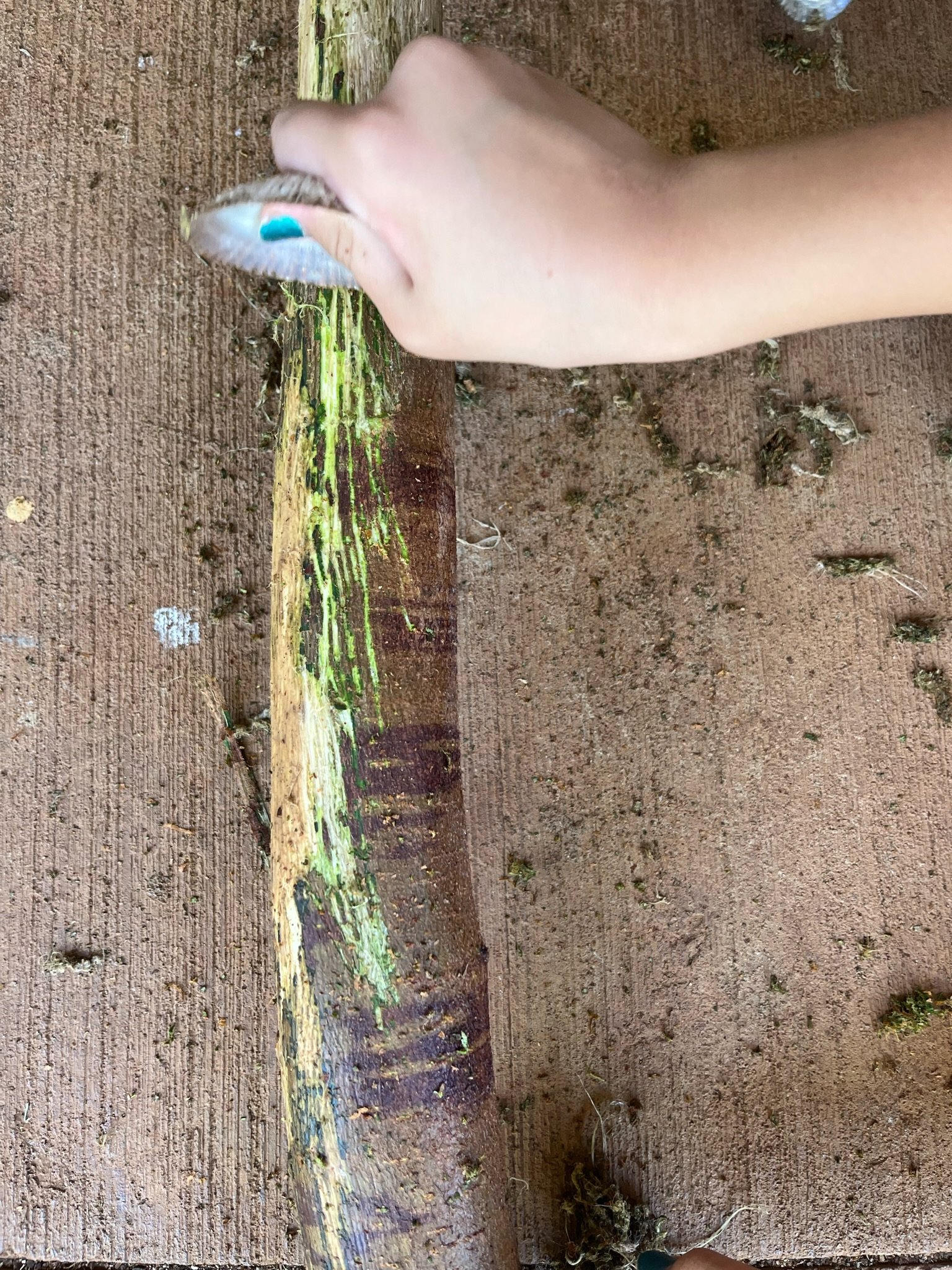Place-Based is a buzzword in the Education world. Here’s what it means along with some other key terms.
Place-based Education -
“The process of using local community and environment as a starting point to teach concepts in language arts, mathematics, social studies, science, and other subjects across the curriculum. Emphasizing hands-on, real-world learning experiences, this approach to education increases academic achievement, helps students develop stronger ties to their community, enhances students’ appreciation for the natural world, and creates a heightened commitment to serving as active contributing citizens. Community vitality and environmental quality are improved through the active engagement of local citizens, community organizations, and environmental resources in the life of the school” (Sobel, 2004).
STEAM -
Science, Technology, Engineering, Art, Mathematics
SEL -
Social Emotional Learning
Title I -
Title I is the federal education program that provides financial assistance to local educational agencies (LEAs) and schools with high numbers or high percentages of children from low-income families to help ensure that all children meet challenging state academic standards.
ʻĀina-based Education -
“‘Āina-based learning is teaching and learning through ‘āina so our people, communities, and lands thrive. ‘Äina refers to the land, sea, and air—all that feeds and sustains us. As Hawaiians we have a powerful kinship to the ‘äina. This familial connection continually reminds us of our kuleana (responsibility) to each other and to the planet. The ‘äina is as much a theater for learning as it is a repository of life. ‘Äina can be a teacher, a classroom, and a living laboratory for education in next-century skills, sustainability, and self-determination. It provides a rich context for developing critical thinking and problem solving, communication and team-building, and political conscious- ness. There are obvious connections between science and technology, resource management, and ‘āina-based learning that speak directly to stewardship, ecological literacy, and Hawai‘i’s potential role as a sustainability leader in tomorrow’s world” (Ledward, 2013).
Experiential learning -
“1. Learning is best conceived as a process, not in terms of outcomes 2. All learning is relearning 3. Learning requires resolution of conflicts between dialectically opposed modes of adaptation to the world. 4. Learning is a holistic process of adaptation to the world. 5. Learning results from synergetic transactions between the person and the environment. 6. Learning is the process of creating knowledge” (Kolb & Kolb, 2005).




